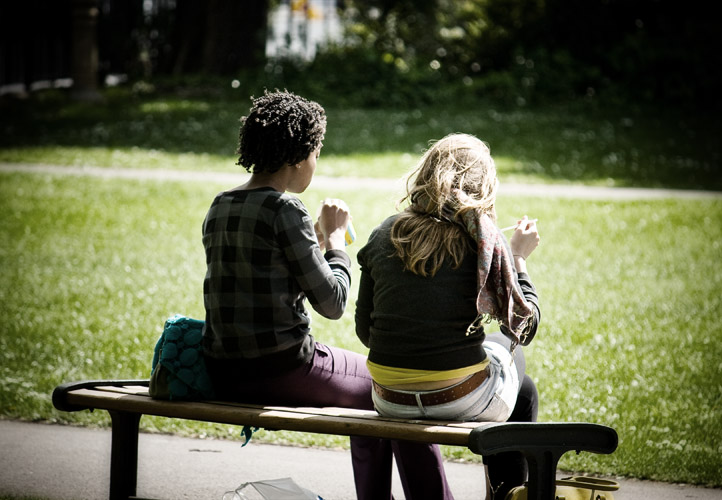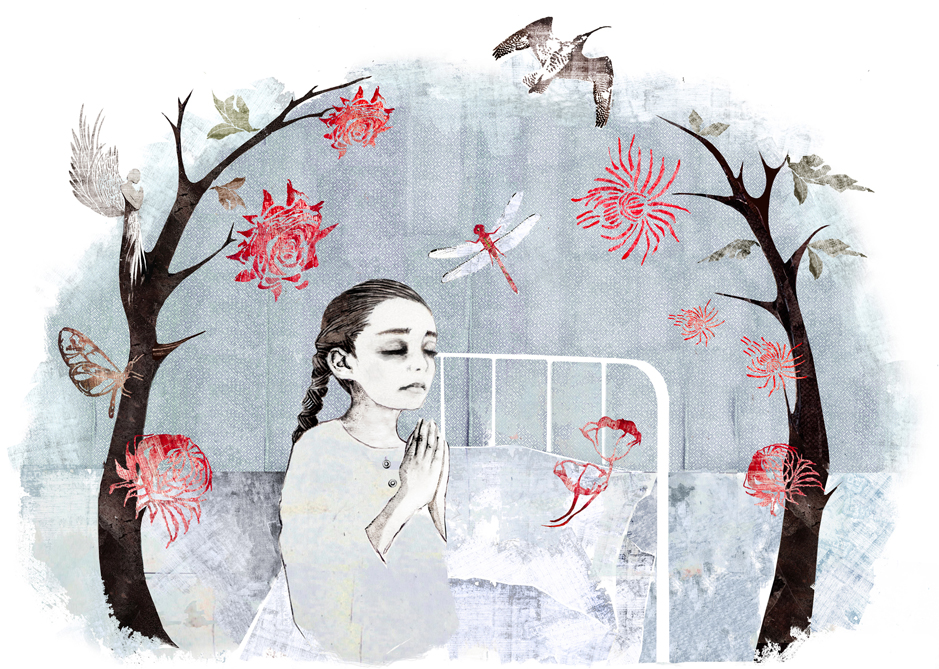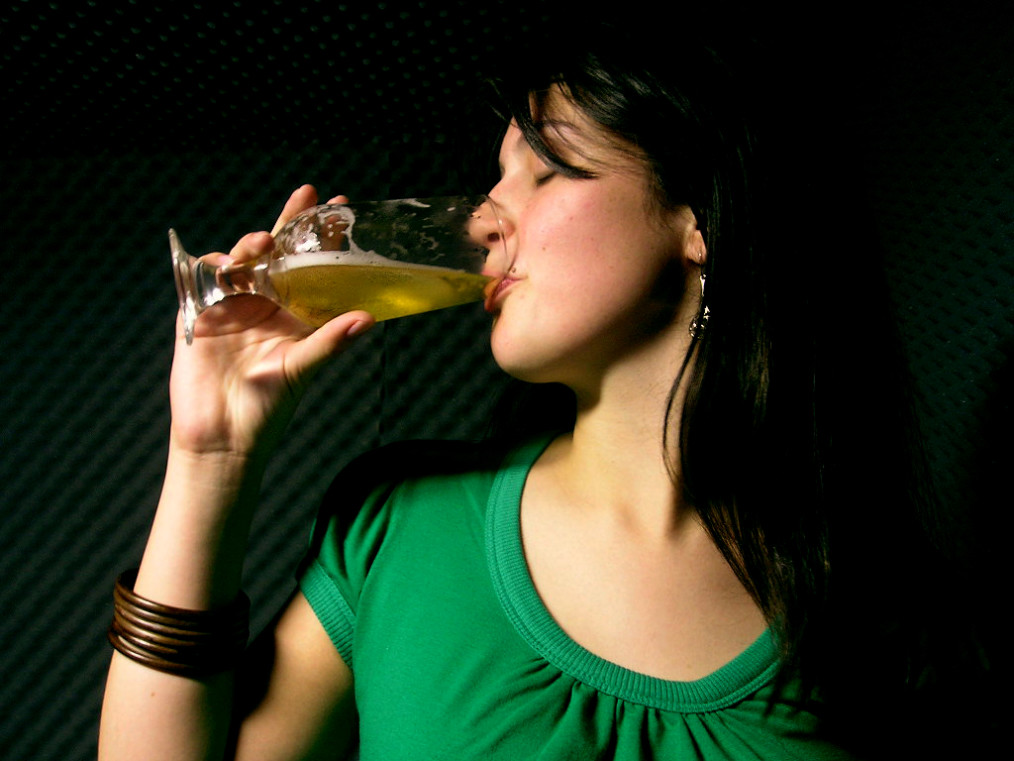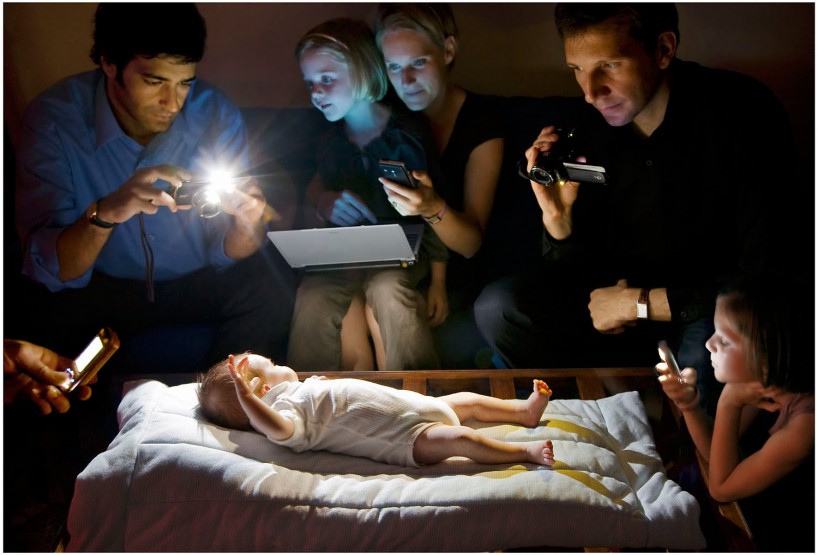In a recent publication on the Association for Psychological Science website, shared meals were promoted for their positive effects in workplace settings. The results may be relevant for Heymans staff. And what about interactions with students?
Throughout history, many great religious leaders such as Moses, Jesus, and Mohammed claimed to hear voices not heard by others. How do religious and spiritual practices relate to hearing voices nowadays? I had the opportunity to explore this in an adolescent sample during my PhD project.
In September 2016, the Department of Psychology starts five new international master’s tracks. These tracks link psychological knowledge to particular fields of application, to prepare students in the best possible way for the job market in their respective fields. All tracks seem promising, but how do you pick the track that is right for you?
While an acute decrease in brain serotonin may have few effects on social behaviour, a longer-term increase in serotonin in individuals at risk for depression improves mood and alters social behaviour. This Thursday, February 4, 2016, Koen Hogenelst defends his dissertation, in which he explains the relevance of his research findings for the effectiveness of serotonergic medications for depression.
Did you ever find yourself drinking another beer when you actually had to stop at the previous one? Then you can imagine how this automatic behavior might be involved in the development of substance abuse and addiction. Illuminating this relationship is the very reason Madelon van Hemel-Ruiter started her PhD research.
Do you sometimes feel that after a bad night sleep, you cannot take in anything that is being said during a lecture? If so, then maybe you can imagine the rising concern that patients with post-traumatic stress disorder (PSTD) might not benefit from trauma-focused treatment if they also suffer from sleep difficulties. I dug into this issue to figure out whether this concern was justified.
The recent Noorderlicht Photo Festival featured a series of photos on people using smartphone apps for tracking their mood, sleep, et cetera, sometimes for years. Ecological momentary assessment is a related psychological method for studying people in their natural environments rather than in the laboratory.
Why should researchers study homesickness? Is it really a topic worth scientific investigation? After all, homesickness is part of normal life, something that probably nearly everyone experiences at least a little bit, when leaving home for longer periods. And homesickness is not a separate “official” category of mental disorder in the DSM system (American Psychiatric […]
Who says you need fortune tellers to tell you how we will feel in the future, or how you will behave? Maybe you don’t need them: there is literature to suggest you can basically become your own fortune teller, by simply taking a closer look at your hands. Your future is not written in the stars, but in your hands.
This post is about how sports, mindfulness, and an open mind helped one student deal with the rising problem of (academic) pressure. As many other students are also trying to deal with stress and anxiety, this post is a must-read for all students and staff.










